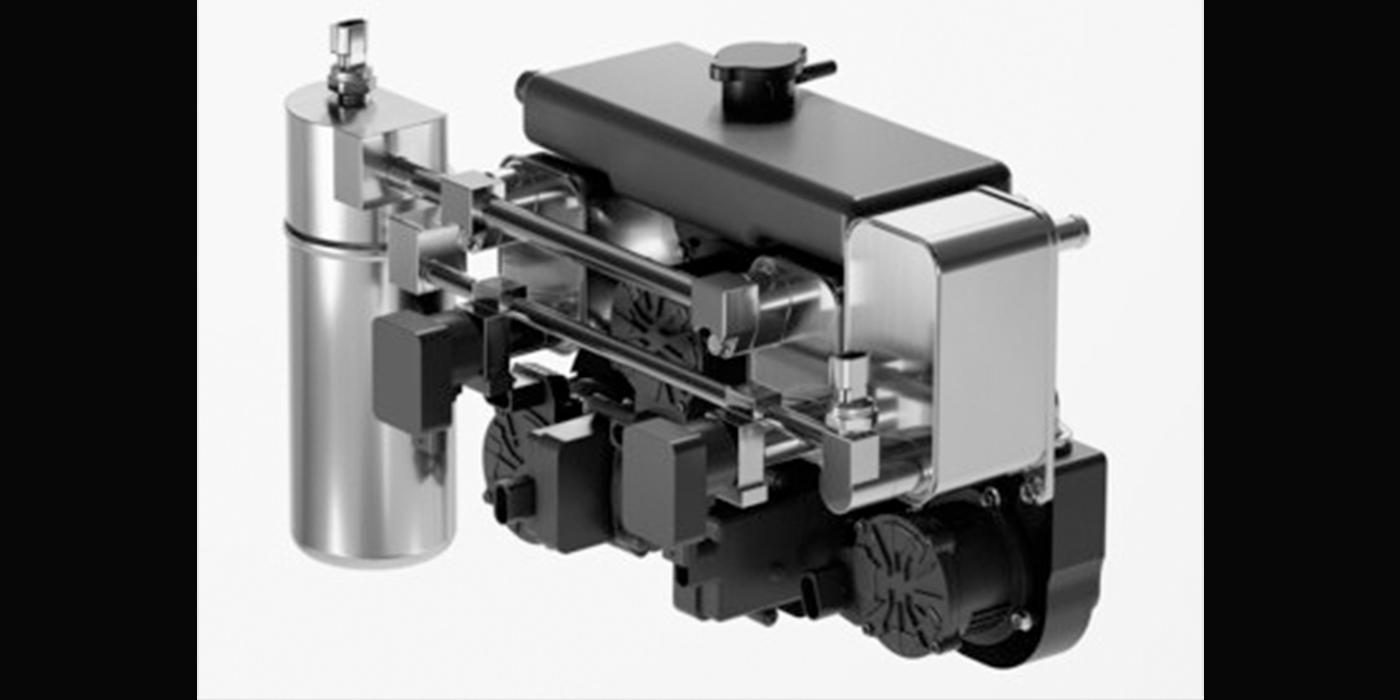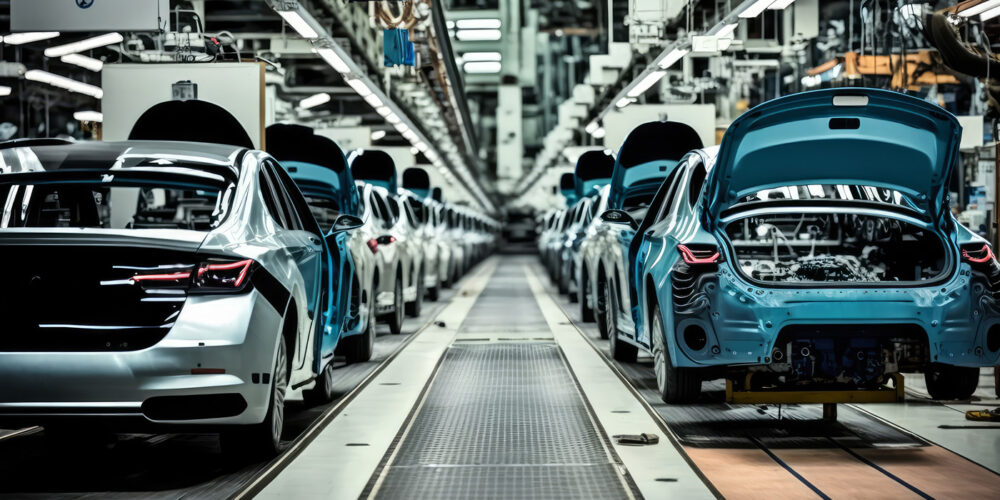From International Herald Tribune
DETROIT — At many union halls in Michigan, signs on parking lots still warn that foreign-made cars “will be towed away at owner’s expense.” So why is Governor Jennifer Granholm of Michigan pushing so hard to close a sweetheart land deal with Toyota?
Because the U.S. auto industry, the engine of the state’s economy throughout the 1900s, is sputtering in the 21st century. With seven of Michigan’s 10 largest employers either domestic automakers or parts suppliers, Michigan was one of only two states to lose more jobs than it gained last year. Michigan’s unemployment rate hit 7.3 percent in December, tying with Alaska as the worst in the United States, according to the most recent state jobs report from the U.S. Labor Department.
General Motors and Ford Motor, two of the state’s three largest employers, said this week their sales continued to fall last month. With both companies’ shares trading near annual lows, they are cutting the number of cars and trucks they plan to produce. And GM’s production cuts are particularly deep, spreading economic distress across the region. That has left Granholm little choice but to redouble the state’s efforts to diversify, both beyond cars and toward other carmakers.
“Clearly our fortune has been tied to the Big Three,” Granholm said in an interview, “and if they’re declining in market share then our employment situation declines.”
She added: “If we are to succeed, we must diversify and diversify in a big way.” That includes wooing Toyota, the company that has taken more business away from the Big Three (GM, Ford and the Chrysler division of DaimlerChrysler) than any other. Michigan is fighting in court to push through a deal to sell public land to Toyota that would allow the company to expand a technical center near the University of Michigan in Ann Arbor. A local developer who outbid Toyota by $16 million has sued to block the deal, but the courts have so far sided with the state.
“If we want to further our position as the automotive capital of the world,” Granholm said, “if we want to have international investment here, whether it’s Toyota or Hyundai or Mitsubishi, you name it, the German auto manufacturers, we’re going to be aggressive.”
Granholm, 46, is a native of Canada and a Democrat with a common touch and a knack for managing policy minutiae. But she has to overcome a tremendous challenge. Two years into her four-year term, her cash-strapped state is being squeezed from all directions.
On Tuesday, GM said its February sales fell 12.6 percent and it would produce 10 percent fewer vehicles in the second quarter than a year before. A Merrill Lynch analyst, John Casesa, in a note to investors on Wednesday entitled “GM meltdown,” said the production cuts put earnings of major U.S. suppliers of auto parts “at risk.”
The two largest American suppliers, Delphi and Visteon, already have junk bond credit ratings and are struggling with losses. Lear, which makes auto seats and interiors, sharply scaled back its earnings projections on Tuesday. All three suppliers are larger employers in Michigan than Chrysler, the only member of the Big Three showing signs of a turnaround.
To survive, many suppliers are shifting jobs to countries like China, where a typical parts worker costs less than a tenth of the same worker in the United States. And while Toyota and other foreign automakers are increasingly assembling cars in North America, they are generally either building their plants far to the south in Mexico or in antiunion states like Alabama and Mississippi. Or they are building them to the north. Last year, in fact, Ontario became the largest auto-producing state or province on the continent, knocking Michigan from a perch it has held since the dawn of the industry.
As if all that was not bad enough for Michigan, the city of Detroit, a year away from hosting the Super Bowl, is facing such a severe financial crisis that Mayor Kwame Kilpatrick said recently that there was some risk of the state eventually taking financial control of the city.
What to do? Last month, Granholm proposed a $2 billion bond to bolster emerging industries, like biotechnology and homeland security, and to encourage automotive innovations, like development of the hydrogen fuel cell. She is also proposing to restructure state scholarships to foster more education in a region where even plant workers now often need degrees. Her plan would reward all students who complete two years of college with a $4,000 scholarship, rather than hand out $2,500 for high school students who do well on standardized tests.
But facing a projected deficit of $773 million in the state’s budget for the fiscal year starting in October, she is also proposing a range of cuts that include arts programs and financial assistance to thousands of private college students. She also plans to close three state police posts and a special fire investigation unit.
And she wants to overhaul the state’s tax code. “We have cut and cut and yet we still have the unemployment rate we have,” she said. Her plan would sharply cut taxes for most businesses, including manufacturers, although Republicans have criticized it because it would offset cuts with tax increases for insurers and the financial services industry.
“Insurance and financial services are segments of the economy that are growing, so does it make sense to raise taxes on those industries to lower them on manufacturing?” said Ken Sikkema, the Republican majority leader of the State Senate, who added that more details of the governor’s plan needed to emerge before he could pass judgment.
Copyright 2005 International Herald Tribune. All Rights Reserved.
_______________________________________
Click here to view the rest of today’s headlines.













